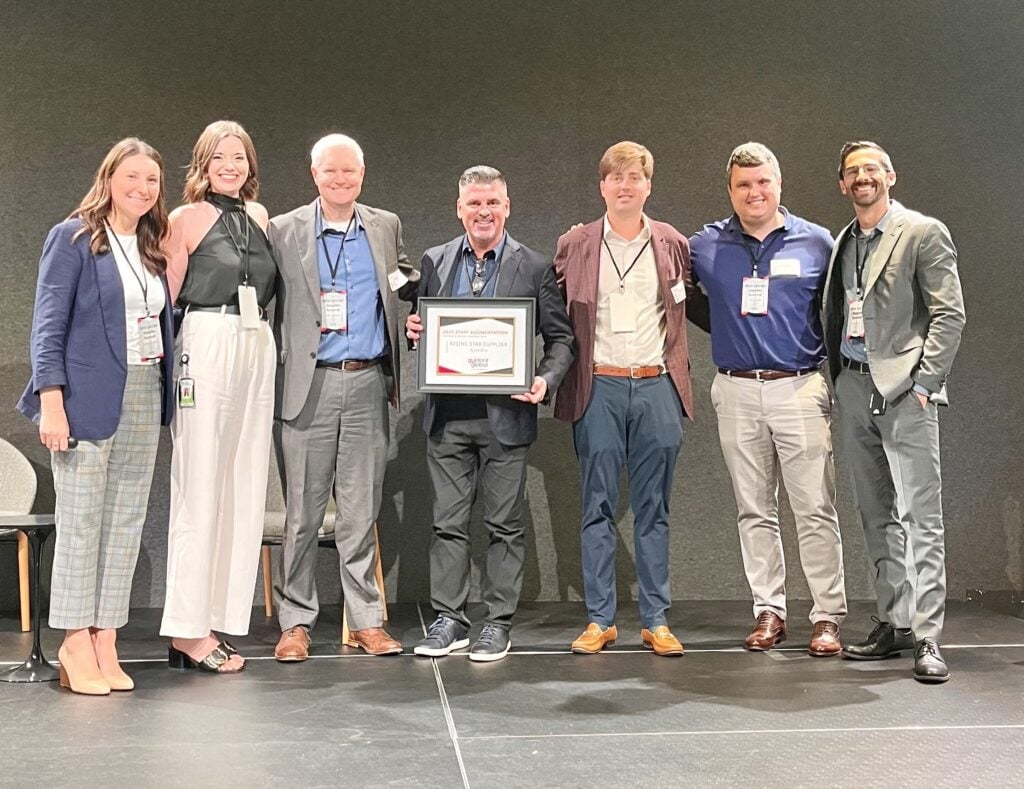.png)
2024: Foreseeing Solid Job Growth and Higher Compensation
The job market is constantly evolving, and the future of the workforce can often feel unpredictable. However, recent studies and projections show promising indicators of solid job growth and higher salaries in 2024. This year marks a turning point in the job market, as emerging industries and changing demographics present exciting opportunities for job seekers.
- Emerging Industries
The rise of technology and automation has paved the way for a range of emerging industries that are gaining momentum and creating new job opportunities. Fields such as artificial intelligence, robotics, and biotechnology are set to experience significant growth in the coming years, leading to a need for highly skilled workers. In addition, renewable energy and sustainable industries are expanding as awareness around climate change becomes more mainstream. For those with backgrounds in STEM fields, these emerging industries offer exciting prospects for growth and innovation.
- Changing Demographics
Another factor contributing to the promising job market outlook is the changing demographics of the workforce. With more baby boomers retiring each year, we are seeing a shift in the makeup of the workforce. Millennials and Gen Z are becoming the dominant demographic, and these generations have different expectations and values when it comes to work. They prioritize flexibility, work-life balance, and purposeful work, which is leading to a shift in the way companies operate and approach employee relations. This shift opens up opportunities for new and emerging companies that align with these values, and for job seekers who are looking for a more modern, innovative work environment.
- Increasing Diversity and Inclusion Efforts
In recent years, there has been a growing focus on diversity and inclusion in the workplace. This includes efforts to hire and retain diverse talent, create more inclusive workplaces, and offer opportunities for professional development and advancement. The benefits of diversity are well documented, including increased innovation and creativity, better decision-making, and improved financial performance. As companies continue to prioritize diversity and inclusion, there will be increasing opportunities for workers from marginalized communities, leading to a more equitable and prosperous job market.
- Higher Education and Training
In order to stay competitive in a rapidly changing job market, it is essential to invest in education and training. This includes both formal education, such as obtaining a degree or certification, and informal education, such as attending workshops and conferences or participating in online courses. The demand for highly skilled workers in emerging industries means that continuing education will be essential in order to stay relevant and competitive. Employers are also recognizing the value of investing in employee training and education, leading to more opportunities for professional development and growth.
- Remote and Hybrid Work Models
One of the most significant changes to the job market in recent years has been the rise of remote and hybrid work models. The COVID-19 pandemic accelerated this trend, as many companies transitioned to remote work out of necessity. However, the benefits of remote work, such as increased flexibility and cost savings, have led many companies to adopt hybrid work models permanently. This shift opens up new job opportunities for remote workers and opens up geographically-restricted job markets to a broader pool of candidates.
The job market is set for exciting changes in the coming years, with new industries emerging, changing demographics, and a growing focus on diversity and inclusion. This presents both opportunities and challenges for job seekers, but those who invest in education and training and embrace these changes will be poised for success. The rise of remote and hybrid work models also opens up new possibilities for those looking for flexibility and work-life balance. As the job market continues to evolve, it’s essential to stay informed and adaptable, and to seize the opportunities that arise.


